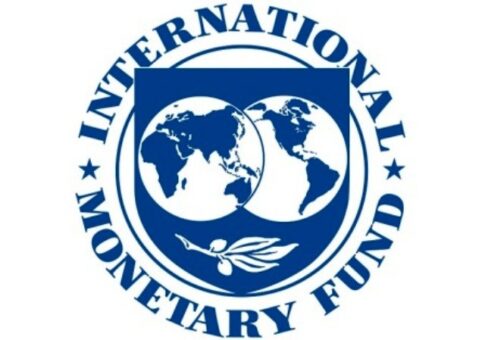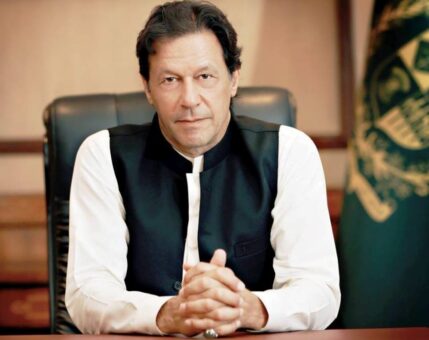KARACHI: The federal government will conduct fresh audit of Pakistan International Airlines (PIA) and Pakistan Steel Mills (PSM) in order to ensure transparency in state-owned enterprises (SOE).
The audits would be initiated for improving SOE governance, transparency and efficiency.
The federal government will make public the outcome of the audits by December 2019, which was agreed by Pakistani authorities with the International Monetary Fund (IMF).
The have approved the privatization of seven companies based on their good privatization prospects. They will follow best practices regarding the process and conditions of privatization to ensure a successful and transparent outcome.
The government will sort SOEs into companies for sale, liquidation, or retaining under state ownership. This has to be done by end-September 2020.
Further the government will submit to parliament a new State-Owned Enterprise Law by end-September 2020 aimed at modernizing and clearly defining the role of the State as owner, regulator, and shareholder of SOEs.
In this context, the recently established holding company to manage SOEs will follow the required governance and transparency principles in line with international best practices.
The IMF will provide technical assistance to support the development of this law and to review ownership arrangements with a view to designing an effective ownership model.
Pakistan has assured the IMF of taking measures for improvement of the economy, which included:
— Commit to not grant further tax amnesties Continuous
— Issue licenses for the track-and-trace system for excises on cigarettes end-September 2019
— Adopt measures to strengthen the effectiveness of the AML/CFT framework to support the country’s efforts to exit end-October 2019 the Financial Action Task Force list of jurisdictions with serious deficiencies
— Submit to parliament, in consultation with IMF staff, amendments to the State Bank of Pakistan Act to address all end-December 2019 recommendations of the new 2019 Safeguards Assessment Report and the 2016 Technical Assistance Report on Central Bank Law Reform.
— Notify the FY 2020 electricity tariff schedule as determined by the regulator end-September 2019
— Prepare a comprehensive circular debt reduction plan in collaboration with international partners (para. 19 MEFP) end-September 2019
— Submit to parliament amendments to the NEPRA Act to (i) ensure full automaticity of the quarterly tariff end-December 2019 adjustments and (ii) eliminate the gap between the regular annual tariff determination and notification by the government






